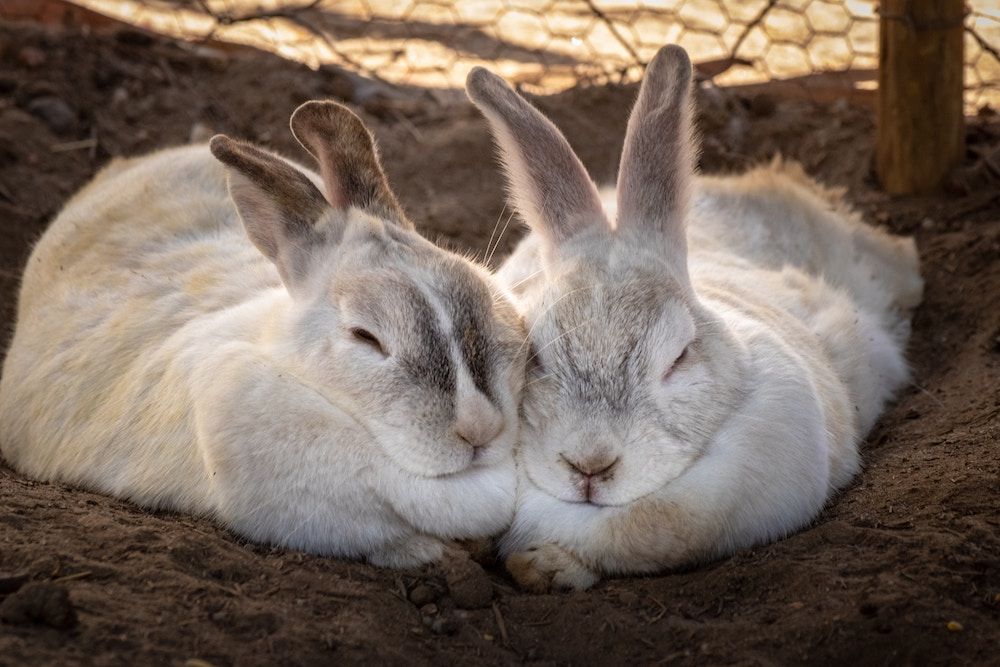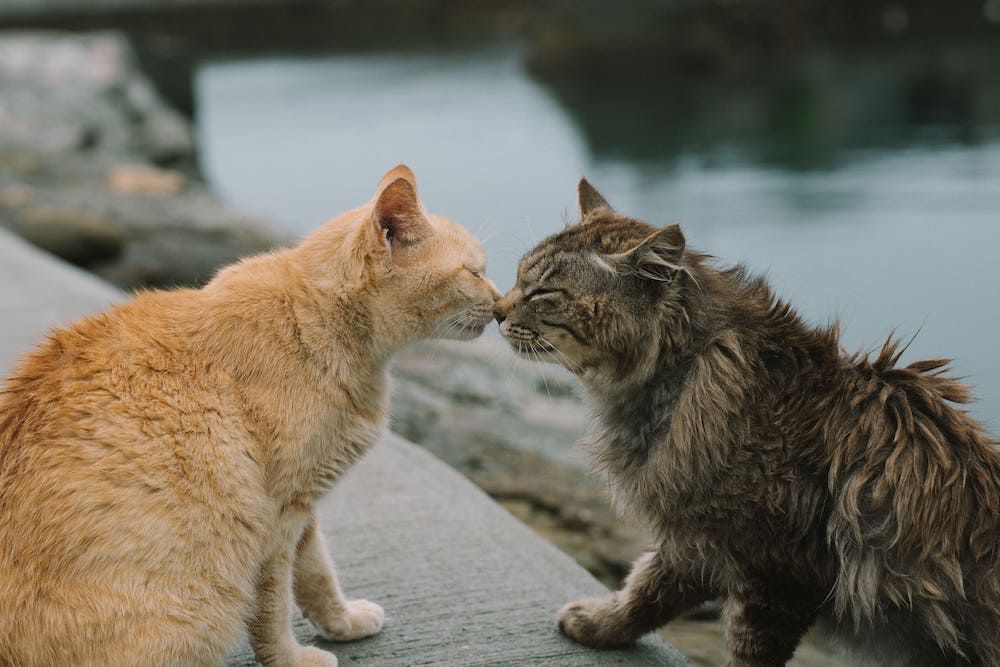Helping Your Cat Stay Calm: 5 Veterinarian-Approved Strategies
Cats, like humans, can experience anxiety, which may manifest in various ways such as urine marking, recurrent urinary tract disorders (FLUTD), overgrooming, or other compulsive behaviors. If you observe sudden behavioral changes in your cat without an apparent cause, it's crucial to consult your veterinarian to rule out underlying health conditions. However, if stress or anxiety is identified as the issue, here are five vet-approved methods to help calm your feline friend.
1. Create a Relaxing Environment:
Consider your cat's surroundings as their personal oasis. Indoor cats maintain natural behaviors similar to their outdoor counterparts, including scratching, chewing, hunting, playing, and climbing. Design a space that encourages these natural activities while ensuring safety from potential threats like dogs or curious children. Use gates to restrict access and provide cat-friendly furniture like trees, window seats, and elevated beds. Include scratching posts to promote claw health and mark their territory.
2. Put On Soft Music or White Noise:
While classical music is commonly associated with relaxation, cats respond better to music designed specifically for them. Cat music, with frequencies and tempos resembling natural cat communication, can help reduce anxiety. Use a speaker that plays cat music or employ soft white noise to drown out loud and anxiety-inducing sounds. Be mindful of the volume, as overly loud or unpleasant noise may add to your cat's stress.
3. Make Time for Play and Interaction:
Engaging in play is essential for your cat's mental health. Choose toys that stimulate hunting and play behaviors, such as wand toys, self-propelling toys, light-beam pointers, puzzle toys, crinkly toys, and cardboard boxes. Ensure playtime occurs right before potential triggers to maintain its positive association. If your cat isn't interested in play, consider grooming sessions as an alternative form of interaction.
4. Use Over-The-Counter (OTC) Calming Products:
OTC products, like pheromone-based solutions, can aid in calming your cat. Examples include Feliway spray, calming wipes, and calming collars. Before introducing any supplements to your cat's routine, consult with your veterinarian to ensure compatibility with your cat's health and determine the most suitable option.
5. Discuss Anxiety Medications With Your Veterinarian:
If your cat experiences daily anxiety, recurring triggers, or multiple anxiety episodes per month, consult your vet. They may recommend anti-anxiety medications, which can be categorized as long-term or short-term options based on the severity and frequency of the anxiety.
Getting to the Root of the Issue:
If your cat's anxiety significantly impacts their well-being or disrupts your family life, collaborate with your veterinarian to identify the underlying cause. While strategies like creating a cat-friendly environment, incorporating background noise, and playtime are beneficial, some cats may require medication to manage their anxiety effectively. Patience and collaboration with a veterinary behaviorist, if needed, can lead to a happier and more relaxed feline companion.






